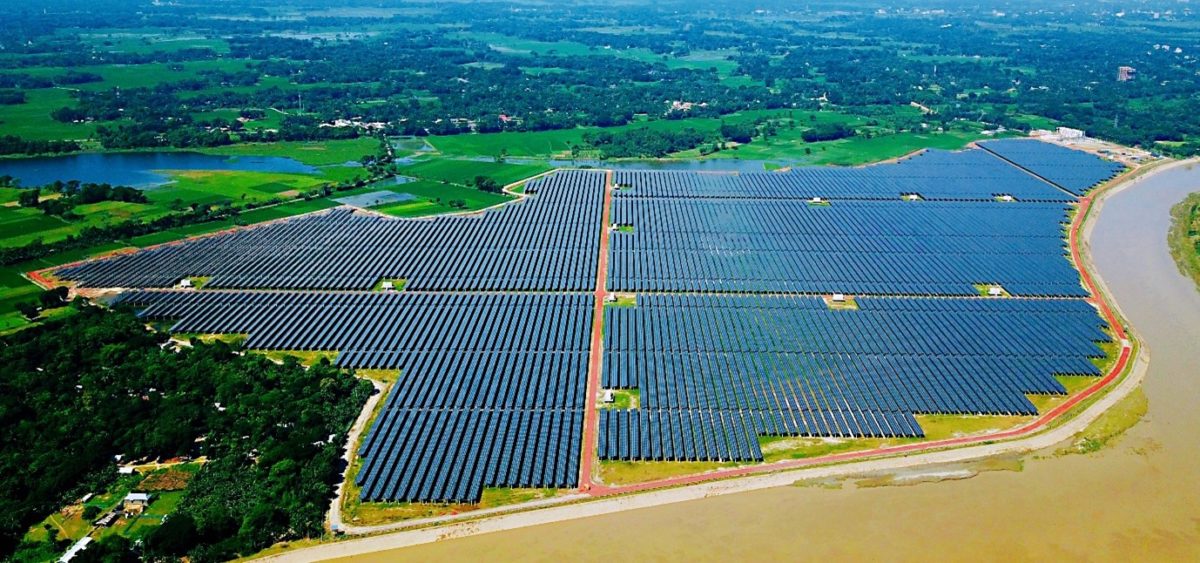- Joined
- Jan 24, 2024
- Messages
- 3,778
- Likes
- 1,996
Too late for Bangladesh.
The developed nations are shifted to alternative green energy options such as wind or solar energy.
You spend 9 billion USD to generate 1200MW in Pakistan, then carry the risk of accident for the duration of the nuclear plant or use the same amount to easily generate 2500-4000MW at the ever-decreasing cheaper cost compared to nuclear energy.
The choice is yours

Fukushima nuclear accident - Wikipedia
en.wikipedia.org
It is good to have the knowledge of nuclear energy but no longer the most feasible option
Wind and Solar discussion is off topic here, please look for a separate thread on that subject or open one.

Bangladesh’s largest PV plant comes online
The solar facility will sell power to the Power Grid Company of Bangladesh under a 20-year PPA.

Country's first commercial wind power plant starts production
Bangladesh has achieved a new milestone in its renewable energy ambition, with the country's first commercial wind power plant going into full production this month. The wind power plant in Cox's Bazar, boasting a capacity of 60 megawatts, started full-scale operation on 8 March and has been...



































